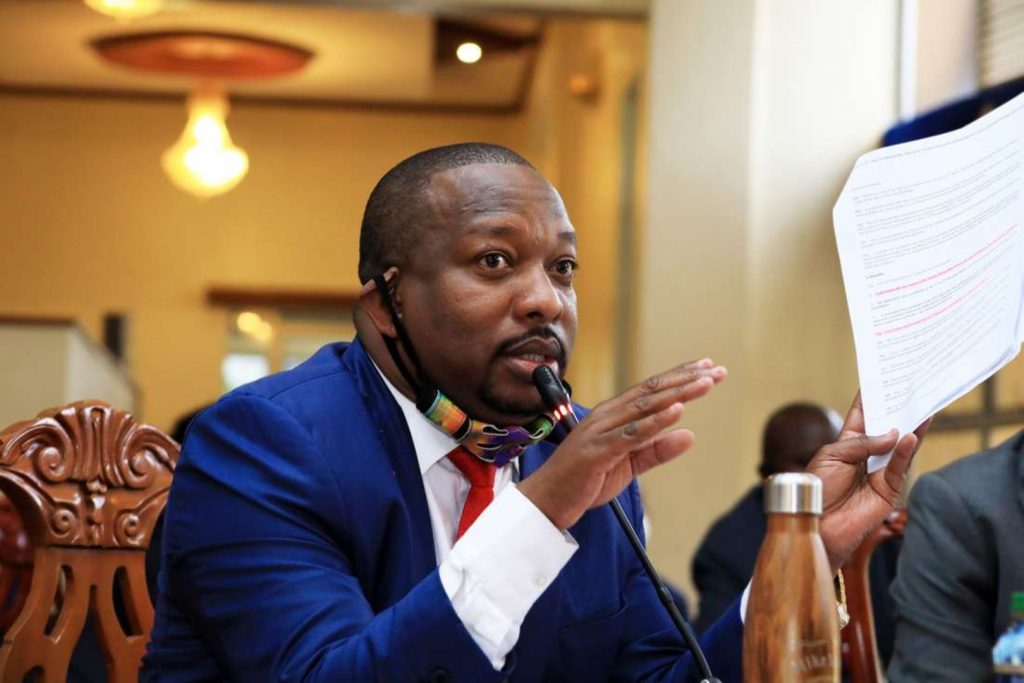President Uhuru Kenyatta on Monday, January 18 attracted backlash from a section of Kenyans after his interview with Kikuyu-language vernacular stations.
The interview with stations including Gukena FM, Coro FM and Inooro FM had seen the President address a number of hot political topics including the impeachment of Nairobi Governor Mike Sonko, the Building Bridges Initiative (BBI), and his recent comments on a rotational presidency.
Former Nairobi Governor Mike Sonko was among those who tore into the President following his latest interview to Kikuyu stations. He accused the President of disregarding his Constitutional role as a symbol of national unity.
In the interview, Uhuru had confessed to backing Sonko’s impeachment and criticized the former Governor for his leadership style. In response, Sonko claimed that the President chose to lie in his mother-tongue.
“First of all, it is embarrassing for the sitting President of the Republic of Kenya to resort to addressing a section of Kenyans in his mother tongue, excluding millions of other Kenyans from his purported “state of the nation address” at a time when our country is yearning for unity more than ever before,” Sonko wrote.

“Secondly, it is shameful for a sitting president to lie to a Section of Kenyans through his native language, in the hope that other communities will never understand what he said,” the embattled Sonko added.
It wasn’t the first time Uhuru was giving an interview exclusively in his native Kikuyu language or getting flak for it. In April 2020, he faced widespread criticism after speaking on Covid-19 response measures in a Kikuyu interview limited to three Kikuyu-language radio stations.
Backers of the President’s vernacular interviews have argued that there is nothing wrong in addressing a particular constituency in the language they understand.
Critics, however, point to the President’s unique position that makes his pronouncements relevant to every Kenyan, regardless of their community. They note that Kenya has two recognized national languages, Kiswahili and English.
Pundits have also observed that the President often uses the vernacular stations when addressing topics affecting his Mt. Kenya backyard.
In the latest interview, for example, he referenced the furore sparked by his comments at a recent funeral, in which he stated that it was time for another community other than the Kikuyu and Kalenjin to feature in Kenya’s list of Presidents.
“My comment during the funeral seemed to have touched a raw nerve. Did you see the reaction it elicited?” Uhuru asked while laughing.
He asserted that his comments were meant to show that Kenya could not achieve sustainable development without unity.
This content was originally published here.